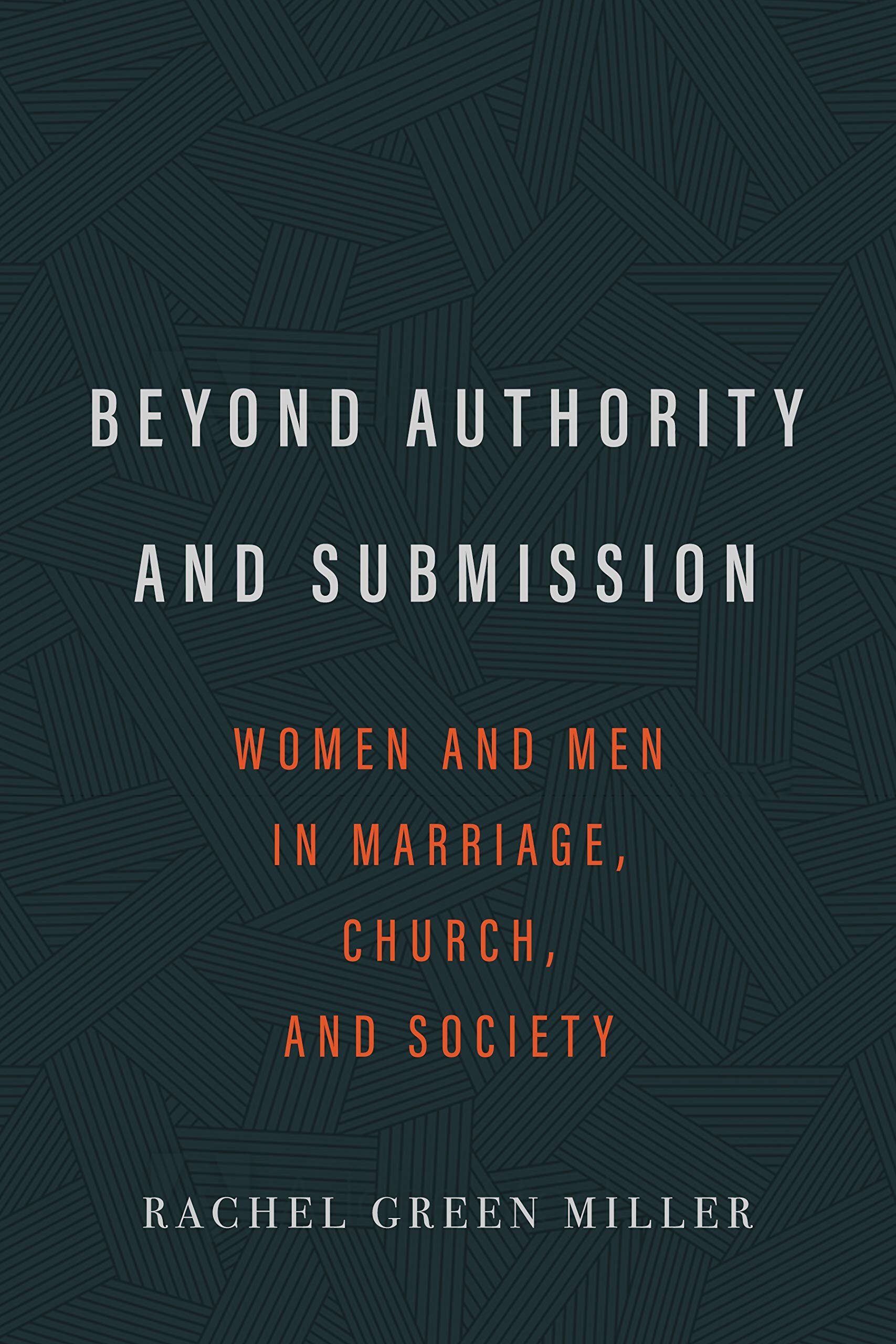It is commonplace today for Bible commentaries and Christian books to claim that there was a woman apostle named Junia. Is this correct? To address this issue, we must first survey what Scripture says about apostles.
Jesus Chose 12 Men as Apostles
Jesus first called the 12 apostles, all of whom were men (Matthew 10:2). The apostles correspond to the 12 tribes of Israel, which came from the 12 sons of Jacob. Thus, Jesus is a new Israel with 12 apostles. His apostles went forth preaching the gospel and discipling the nations (Matthew 28:18). These 12 apostles will judge the 12 tribes of Israel (Matthew 19:28), and their 12 names will be written on the foundations of the heavenly city (Revelation 21:14).
It is not certain how many other apostles there were. We know Matthias replaced Judas (Acts 1:26), and only “men” [ἀνδρῶν] were in consideration for this office (Acts 1:21-22). We also know the Apostle Paul was added to this group of apostles, as Jesus called him on the road to Damascus (Acts 9:3-8) and Paul identifies himself as an apostle (e.g. Romans 1:1; 11:13). However, Paul tells us there were more apostles than just the 12 when in 1 Corinthians 15:5-7 he says that Jesus appeared to “the twelve . . . then to all the apostles.” As to whom this group of apostles included is unclear.
Paul considers James, the brother of Jesus, to be an apostle—“But I saw none of the other apostles except James the Lord’s brother” (Galatians 1:19; cf. 1 Corinthians 15:7). Barnabas is called an “apostle” [ἀπόστολος] along with Paul in Acts 14:4 and 14:14, but this could be a non-technical term referring to a messenger (cf. Acts 13:2-4).[1] Paul may have included Apollos in the category of apostle (1 Corinthians 4:6-9). He may also have included Silvanus and Timothy as apostles (1 Thessalonians 1:1; 2:6-7), though this may only include Silvanus since Timothy is never called an apostle elsewhere when Paul includes him in his letters (2 Corinthians 1:1; Philippians 1:1; Colossians 1:1).[2]
Regardless of these additions, Jesus originally chose 12 men to be His apostles—“the Twelve.” These men formed a leadership group in distinction from “disciples,” a group that included women. Jesus’ choice of 12 men was not merely a cultural decision, for Jesus was not shy about overturning cultural errors. If Jesus wanted to choose women apostles, He could have done so. Yet He did not.[3] Rather, Jesus chose men as apostles because God designed men and not women to rule His church, as seen in all the leadership positions in biblical history.
What About Junia? (Romans 16:7)
Feminists argue that there was a woman apostle named Junia mentioned by Paul in the book of Romans:
Greet Andronicus and Junia [Ἰουνιᾶν], my kinsmen and my fellow prisoners. They are well known to [or among] the apostles (Romans 16:7).
However, there are far too many uncertainties in this verse to assert that there was a woman apostle.
First, Ἰουνιᾶν (Iounian) is in the accusative form, so it is not clear what the first name was, whether the female Junia or the male Junias (a contraction of Junianus or the Hellenized form of the Hebrew Yehunni). While most of the literature argues the male Junias is unlikely because of its rarity, Al Wolters has an interesting article arguing Ἰουνιᾶν is the Greek form of the Hebrew male name Yehunni.[4]
Second, the phrase ἐπίσημοι ἐν τοῖς ἀποστόλοις (episemoi en tois apostolois) could mean Junia/Junias was “well known to the apostles” (the exclusive view) or “well known among the apostles” (the inclusive view—meaning Junia was a member of the group of “apostles”). Some scholars have argued that comparisons in biblical and patristic Greek show that when ἐν (en) is followed by a personal noun in the dative case, as in Romans 16:7, this indicates the exclusive view, while the inclusive view is expressed for personal nouns by ἐν plus a genitive.[5]
In addition to the grammatical argument, the exclusive view that Junia/Junias was “well known to the apostles” fits the context, as Paul describes Andronicus and Junia/Junias here as “kinsmen” and “fellow prisoners,” terms used for other non-apostles (Romans 16:21; Colossians 4:10). It makes sense that these godly Christians were known by the other apostles and not numbered among them.
Third, even if Romans 16:7 refers to a woman named Junia who is identified as an “apostle” (as one “among the apostles”), this could mean she was an apostle in the non-technical sense of “messenger” or “representative”[6] (the word ἀπόστολος is related to the verb “to send”), or it could refer to a church planter or missionary.[7] This is how Paul described others who did not hold the office of apostle—“And as for our brothers, they are messengers [ἀπόστολοι] of the churches, the glory of Christ” (2 Corinthians 8:23), and “I have thought it necessary to send to you Epaphroditus my brother and fellow worker and fellow soldier, and your messenger [ἀπόστολον] and minister to my need” (Philippians 2:25).
Moreover, why would Paul put a woman in the same category as himself, the Twelve, and James? (1 Corinthians 15:7; Galatians 1:19). Paul does not even put Epaphroditus in that esteemed group. Andronicus and Junia/Junias are only mentioned here in Romans 16:7, and it does not make sense to say they were prominent or “well known” apostles—a description that would be reserved for apostles such as Peter and John.
In the end, it cannot be held with any confidence that there was a woman apostle named Junia. The text is ambiguous, and there is nothing else in the New Testament indicating that a woman could hold the office of apostle. In fact, everything outside of Romans 16:7 teaches that only men could be apostles. Considering Jesus’ practice of only appointing men as apostles, there is a significant burden on those claiming Junia was a woman apostle. And that burden simply has not been met.
*This article is adapted from chapter 4 of my book, Masculine Christianity (Zion Press, 2020).
[1] John Calvin, Acts (The Crossway Classic Commentaries; eds. Alister McGrath and J.I. Packer; Wheaton, IL: Crossway, 1995), 237–238: “When Luke called Barnabas an apostle together with Paul, he was extending the meaning of the word beyond the primary order that Christ appointed in his church, just as Paul made Andronicus and Junias ‘outstanding among the apostles’ (Romans 16:7). Properly speaking, Paul and Barnabas were evangelists and not both apostles—unless perhaps because Barnabas was Paul’s colleague we give them both the same official rank; in that case he may appropriately be called an apostle.” Alternatively, Galatians 2:9 and 1 Corinthians 9:6 support Barnabas being understood as holding the office of apostle.
[2] Gene L. Green, The Letters to the Thessalonians (The Pillar New Testament Commentary; Grand Rapids, MI: Eerdmans, 2002), 126.
[3] Andreas Köstenberger and Margaret Köstenberger, God’s Design for Man and Woman (Wheaton, IL: Crossway, 2014), 93: “If Jesus had wanted to include women leaders in his apostolic circle out of principle, he would have done so. He was the Messiah, the Son of God, God’s representative to humanity. If there had been a new pattern of leadership that God wanted to establish with regard to gender roles, Jesus would have established it.”
[4] Albert Wolters, “ΙΟΥΝΙΑΝ (Romans 16:7) and the Hebrew Name Yehunni,” Journal of Biblical Literature 127 (2008): 397–408.
[5] Michael Burer and Daniel B. Wallace, “Was Junia Really an Apostle? A Re-examination of Rom 16.7,” New Testament Studies 47 (2001): 76–91. Burer and Wallace argue that J.B. Lightfoot’s 1865 commentary heavily influenced scholars toward the inclusive view because he had a legendary reputation as a grammarian, but that he provided no support for this view other than that it was held by the Greek fathers. Burer later responded to critics and provided additional information in Michael Burer, “ἐπίσημοι ἐν τοῖς ἀποστόλοις in Rom 16:7 as ‘Well Known to the Apostles’: Further Defense and New Evidence,” Journal of the Evangelical Theological Society 58/4 (2015): 731–755.
[6] BDAG, 122, cites Philippians 2:25 and 2 Corinthians 8:23 under the definition “delegate, envoy, messenger.”
[7] Köstenberger and Köstenberger, God’s Design for Man and Woman, 155: “In all probability, then, Andronicus and Junia were a distinguished missionary couple.”











